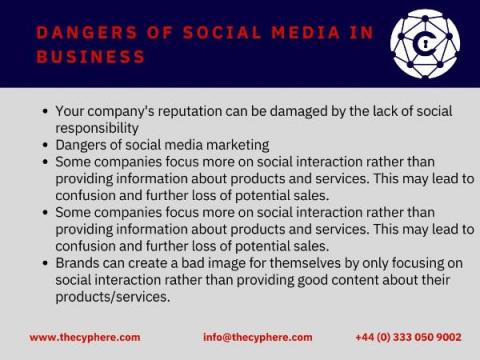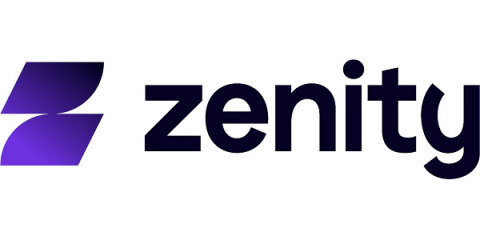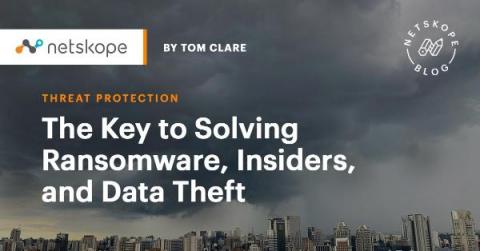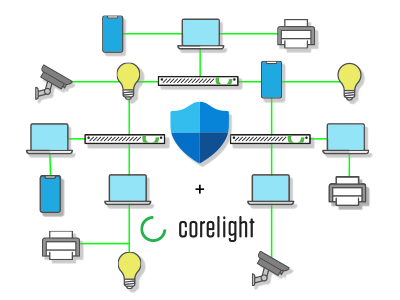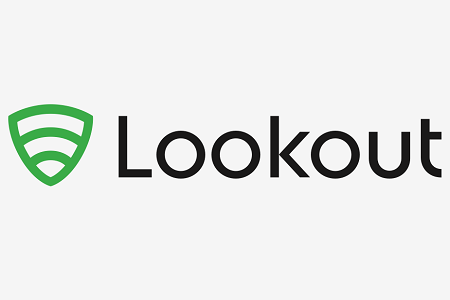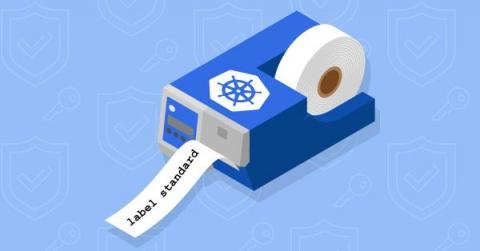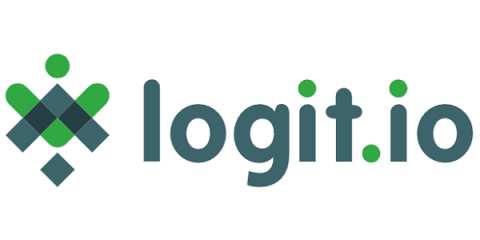Security | Threat Detection | Cyberattacks | DevSecOps | Compliance
Latest News
Benefits and Risks of Social Media
Social media can be a great way to stay connected with friends and family, but it also poses risks. In this blog post, we will explore the dangers of social media for kids, teens, individuals and businesses as well as the benefits. We will talk about the social media risks and how to protect yourself from them. There are many ways that you can reduce your risk when using social media sites like Twitter or Facebook.
Citizen Developers Security Awareness
Citizen developers are now producing the types of applications once reserved for professional programmers. By using the low-code/no-code capabilities found in low-code application development platforms (LCAP), business workflow automation or RPA, they can bypass drawn-out development processes and reap the benefits of speed and efficiency. Perhaps even more significant is the resulting efficacy—because who knows better than the citizen developer what the company needs to solve its pain points?
The Key to Solving Ransomware, Insiders, and Data Theft
The common theme across ransomware, insider threats, and data theft is the exfiltration of data. While threat research labs usually publish the process steps of ransomware encryption, keys, and disk clean-up, the parts about accessing the data and exfiltration are often left out. Also, one security solution does not solve the problem itself, making partner integrations vital to the success of security solution stacks.
Microsoft + Corelight partner to stop IoT attacks
When you hear the term “Internet of Things,” (IoT) do you picture home devices like lightbulbs, smart assistants, and wifi-connected refrigerators? Perhaps you think of enterprise devices like video conferencing systems, smart sensors, or security cameras? Or maybe traditional office equipment like VoIP phones, printers, and smart TVs come to mind. No matter what devices you imagine, IoT represents an ever-expanding attack surface.
Lookout Data Shows Already Strained Energy Industry Faced With 161% Surge in Mobile Phishing
A few months ago, the largest U.S. pipeline operator, Colonial Pipeline, was forced to halt operations for nearly a week due to a ransomware attack. While it ultimately didn’t stop consumers from buying gasoline, the incident forced the company to pay $4.4 million in ransom payment and illustrated just how vulnerable energy organizations are to cyberattacks.
8 Daily Practices to Avoid Cybersecurity Burnout
Burnout happens when job demands such as workload, time-pressure, and difficult clients are high as well as when job resources including quality leadership, autonomy and decision authority, recognition, and strong relationships are lacking. The field of cybersecurity is particularly difficult, but that doesn’t mean burnout is inevitable, and it doesn’t mean you can’t recover after experiencing burnout.
What Types of Security Capabilities Do Managed Service Providers (MSP) Offer?
Last time, I discussed the four basic types of managed service providers (MSPs) with which organizations commonly partner. Those categories help to determine the types of services offered by MSPs. In general, MSPs provide five primary services to customers.
Label standard and best practices for Kubernetes security
In this blog post, I will be talking about label standard and best practices for Kubernetes security. This is a common area where I see organizations struggle to define the set of labels required to meet their security requirements. My advice is to always start with a hierarchical security design that is capable of achieving your enterprise security and compliance requirements, then define your label standard in alignment with your design.
What is CMMC? + Useful Resources, Communities & Expert Advice
In this guide, we are covering the facts that you need to know in order to prepare your business to tick off the necessary boxes required to meet CMMC compliance.



